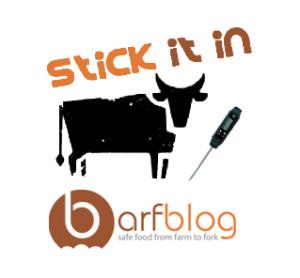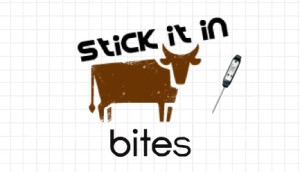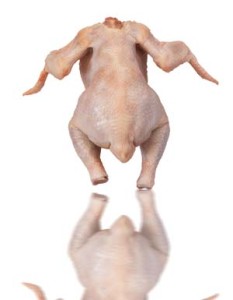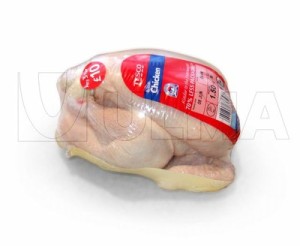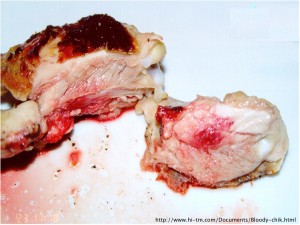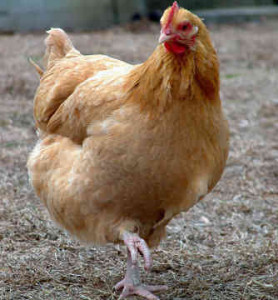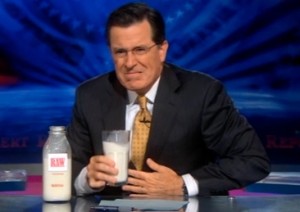The terror threat level to the UK has been raised to the highest level since the Iraq war after suspicions grew that terrorists might have been reading all the recent articles about the deadly peril of washing uncooked chicken.
 It is now known that washing raw chicken releases tiny water droplets filled with extreme poison into your kitchen, killing you and all your family instantly. Until this fact was established by government scientists, there was no explanation for the mysterious spate of deaths affecting everyone in the country who cooked chicken.
It is now known that washing raw chicken releases tiny water droplets filled with extreme poison into your kitchen, killing you and all your family instantly. Until this fact was established by government scientists, there was no explanation for the mysterious spate of deaths affecting everyone in the country who cooked chicken.
“Raw chicken washing-related deaths were running at approximately five million per year, in London alone,” explained chief government medical officer Brian Panic. “We’d always wondered why this might be, but no-one had ever put two and two together, despite the obvious presence of freshly washed chicken fillets near all the bodies.”
“The raw material isn’t a problem in itself, if safely handled until cooked right through,” (piping hot) he explained. “But the combination of uncooked poultry and washing has the potential to destroy civilization, and I’m not exaggerating.”
“Now this has become widely known, if would be simple for a terrorist organization, perhaps using chefs, to wash chicken in the major metropolitan centers, with potentially devastating effects.”
“This could be the most severe threat since terrorists learned to secretly not turn off their Kindles during take-off and landing.”
After a meeting of COBRA, the government’s emergency response and cookery committee, the military are guarding all airports close to branches of Tesco and Sainsbury’s and are monitoring suspects’ water usage for potential chicken-related spikes.
There was an unfortunate incident in Dunstable this morning when an armed response team shot dead a suspected sous-chef who turned out to be merely rinsing a nice piece of sea bass, but a government spokesman pointed out that this is the price of freedom.
Police are asking anyone with the smallest Campylobacter-contaminated nugget of information should come forward immediately for rapid grilling.
Thanks to my Scottish food safety friend for sending along this bit.

